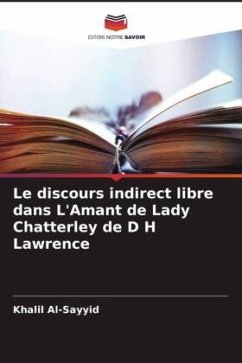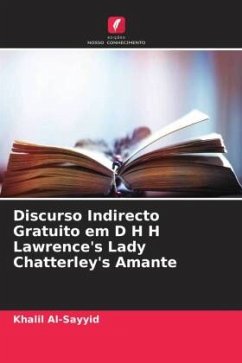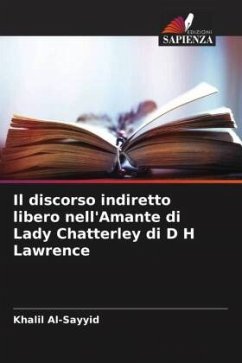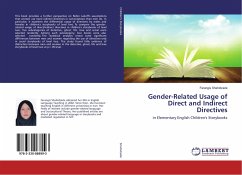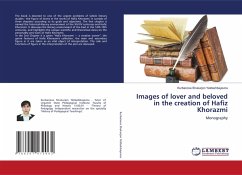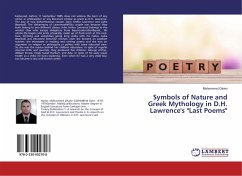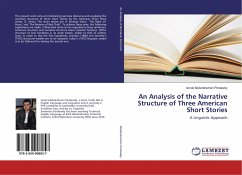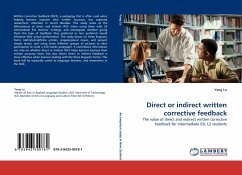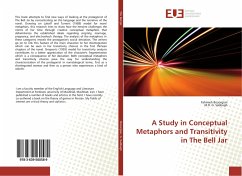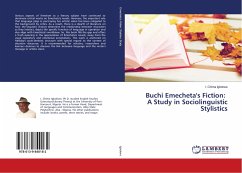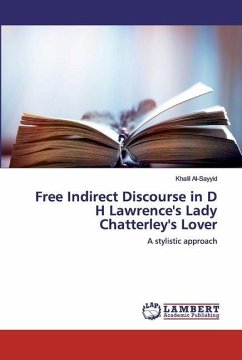
Free Indirect Discourse in D H Lawrence's Lady Chatterley's Lover
A stylistic approach
Versandkostenfrei!
Versandfertig in 1-2 Wochen
26,99 €
inkl. MwSt.

PAYBACK Punkte
13 °P sammeln!
The study examines the narrative style free indirect discourse in Lawrence's Lady Chatterley's lover. It scrutinises particularly the FID passages that represent Constance Chatterley (Connie)'s consciousness. Hence, the linguistic markers of the style are outlined to serve as a checklist for FID. This research paper demonstrates a thorough examination of the style FID and its applicability to the novel. The notion of Lawrence's manipulation of the neuter pronoun 'it' is highlighted and I argue that the appearance of 'it' in Connie's FID sentences signals her resentment of Mrs Flint's baby as w...
The study examines the narrative style free indirect discourse in Lawrence's Lady Chatterley's lover. It scrutinises particularly the FID passages that represent Constance Chatterley (Connie)'s consciousness. Hence, the linguistic markers of the style are outlined to serve as a checklist for FID. This research paper demonstrates a thorough examination of the style FID and its applicability to the novel. The notion of Lawrence's manipulation of the neuter pronoun 'it' is highlighted and I argue that the appearance of 'it' in Connie's FID sentences signals her resentment of Mrs Flint's baby as well as her jealousy of the mother. I further challenge Millett's (2000) notion of Lawrence being sexist in the novel. I argue that Connie's FID sentences present her as the thinking subject and the attitude illustrated in the passages is of a female experience. In conclusion, I apply Sotirova's (2011) model of dialogism in order to account for the connectives in FID sentences which help dismantle some problematic passages in the novel



